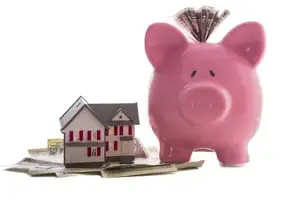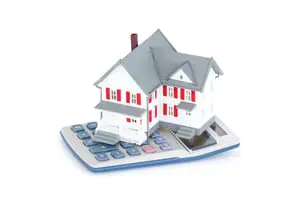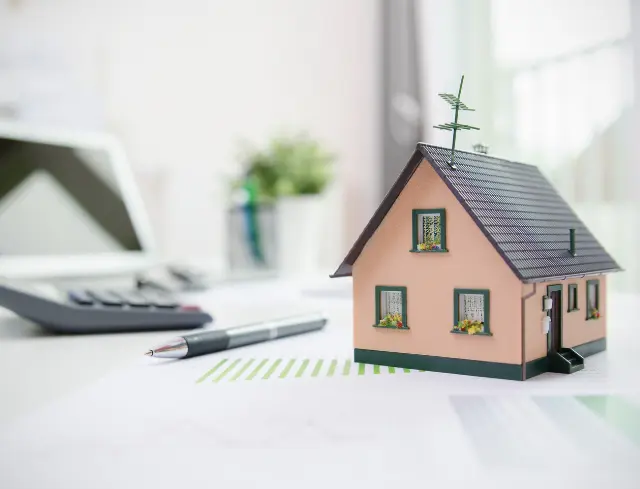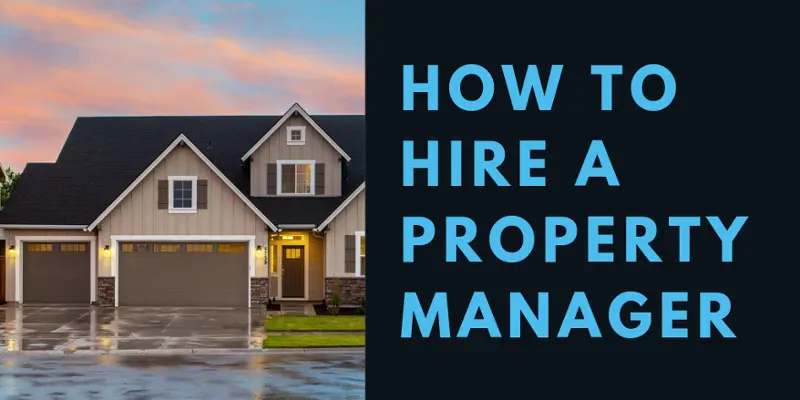Renting vs. Selling Your Home: Everything You Need to Know
Deciding to rent or sell your home is a big decision that requires all the facts. In this article, we’ll tell you about the advantages and disadvantages of renting your property and selling your property so you can make an informed choice.
If you’re a property owner or are thinking of moving, you’ve probably considered selling your home. After all, that’s what most people see as their only option when they have a property they don’t plan to use anymore.
While selling is a great option for some people, you also have the opportunity to rent out your home. Renting your property can be just as beneficial, sometimes more, than selling your property, depending on the circumstances.
Some people want to sell because they want the money sooner rather than later. Some people prefer renting because it’s more long-term and you can always sell in the end or when you’re done with the rental market.
When deciding if you should rent or sell, you should examine all of the factors. At Good Life, people often come to us for help making that important decision. In this article, we’ll discuss what benefits there are on both sides so you can make an informed decision.
Reasons to Rent Your Home
There are a number of great reasons to rent your property.
Tax Deductions and Depreciation
You’re able to deduct all operating expenses of the property from your income. This saves you thousands in taxes each year. One of the largest deductions is depreciation.
Here’s how it works: if your home is valued at $300,000 (take the total value minus the land), you’ll divide that by 27.5 (the number of years the government lets you depreciate your home). This gives you $10,909 in depreciation write-off. If you are in a 25% tax bracket, this means you save a little over $2,500 in taxes–each year.
Amortization
This is a fancy word for paying down debt (your mortgage) and building equity. In short, you are saving for the future with your house as the savings vehicle. The best part is that the tenant is paying the mortgage for you. A portion of each mortgage payment is interest and a portion goes toward paying down principal. When you rent your home, the interest portion is tax deductible and the principal is paying down your debt.
This is how you get rich in real estate: holding property long term and having the tenant pay off the mortgage while you get all the tax deductions.
Appreciation
There are ups and downs with every market, but your house is going to rise in value over the long term. For example, let’s say when you bought your home, it was valued at $400,000. We can predict that it will appreciate 5% each year over the long term based on the history of real estate appreciation. That comes out to $20,000 appreciation per year. Even if the rent does not cover the mortgage and expenses each month, you will typically win in the long run, especially if your home is in a desirable location like San Diego.
Leverage
If you buy a $400,000 home you more than likely only put 20% down ($80,000). However, you earn appreciation on the whole $400,000, not just the $80,000 you put down. In the above example, you put down $80,000 and earned $20,000 in appreciation in one year. That’s a 25% cash on cash return!

Generational Wealth
If you keep your property for 30+ years, you will have created generational wealth for your family. With the average percentage increase per year on the home, you can expect a $400,000 home to be worth millions.
If you want an estimate of how much you could gain by renting the property, visit All Property Management for their rent vs. sell calculator.
Reasons to Sell Your Home
One great reason to sell is the 1031 exchange. This provision in the tax law allows you to sell a property and not pay capital gains tax on the proceeds, so long as it is in a certain time frame and it meets a few requirements.

You start with a rental condo, then 1031 into a rental house, then 1031 into a duplex, then 1031 into a 6-unit apartment building, etc. Over the next 10-20 years, these exchanges will create incredible wealth for you and your family.
Another reason people sell is because they need or want the money now instead of later. Maybe you have debt to pay off, or an upcoming wedding, or something along the lines of that. The extra cash will likely mean more to you now as opposed to 5-10 years from now.
You might also want to sell if the cost of maintaining the property is more than you can afford. Houses require a lot of maintenance, and if you’re barely scraping by now, renting it likely won’t yield enough money to make it worth your time.
Market Condition
The first thing you should look at when making this decision is what the housing market is like. Ideally you want it to be a seller’s market, i.e. there will be more demand for homes because of the high number of buyers. This type of market allows you to price your home higher because there are so few homes available and such high desire for them.
If it’s a buyer’s market, you’ll have a harder time getting the property sold in a short amount of time. This type of market makes it more difficult for your home to stand out in the crowd because there are more homes available than people seeking a home. On top of that, you’ll likely have to lower the price on your home because so many will be available.
You also want to pay attention to the area your house is in. Areas like San Diego typically have a higher demand, especially depending on how close the property is to the ocean. Be sure to pay attention to how your neighborhood is doing as well. If you own a property in San Diego, but in a rough area with lots of crime or an area that is decreasing in popularity for some reason, it may take a long time to go up in value enough to make it a good investment.
For up-to-date San Diego real estate market facts, visit the San Diego Association of Realtors Fast Stats.
Can you afford the expenses that come with renting?
Renting out your home, while profitable, will also cost you money. Things break and need to be replaced, and you’ll need to have a decent amount of money set aside for these instances. We recommend setting aside 10% of the rent for these expenses.
On top of that, you’ll need to make sure everything in the home is functioning and presentable. This means no chipping paint, broken appliances, or damaged carpet. Having these things look good-as-new can drastically affect how much your home can rent for.

Remember that you’ll also be paying for the home you’ll be moving to, so you’ll have expenses for two properties. We recommend that you keep 3-6 months of liquid reserves per property that you’re renting. It’s much better to be prepared than to encounter an issue you weren’t ready for.
If you choose to hire a property management company to manage the home, that will be an added expense. This means that you’ll need funds for maintenance issues as well as a monthly management fee, leasing fee, etc. A good property manager should pay for itself with better results.
Renting your home can be a profitable experience, but it’s important to make sure you can afford all that comes with it.
Holding The Property Long-term
Many people choose to sell because they themselves no longer need the home. However, if you rent the home, you’ll be able to make some money off of it and keep it in the family, should you choose to move back in later.
Holding your property long-term allows you to continue to make a profit while you are the owner and then still make money on it when you choose to sell. Depending on the location of your home, this could be highly beneficial.
Holding the property is also a good idea if you plan to move out of city, state, or country but plan to return later. You could hire a property manager to take care of the property for you and be a hands-off owner. Then, when the time comes, you can always move back in or choose to sell when the market is at its peak.
Final Thoughts
Determining whether you want to rent or sell your home is a big decision. When you are considering what to do, these are a few things to keep in mind:
- Do you need the money now or later?
- Do you have another investment with similar risk that will earn you a better return?
- Do you have the means to manage your property or pay for property management?
- What is the market like now and what will it be in the future?
After answering these questions, you might have come to realize that renting your property might be a better fit for you. For an all-inclusive guide on everything you need to know about hiring a property management company, click the button below!
If you found this article helpful, follow us on social media. We post daily tips to help you manage your own rental property:
Olivia
Subscribe to our blog
Share this:
Get in touch with us:
We make owning rental property easy.
Choose Your Next Step
Good Life Blogs
We believe that education is empowering.

75 Great Military and Veteran Deals in San Diego | 2024
Check out our list for San Diego military discounts! San Diego is home to over 115,000 service members. In this article, we share 75 deals and discounts in San Diego, California for active duty and military veterans.

Rental Property Repairs: Landlord vs. Tenant Responsibilities
When it comes to rental property repairs, the responsibility burden between landlord and tenant can quickly lead to a finger-pointing battle. In this blog post, we cover everything you need to know about landlord vs. tenant responsibilities for your rental. With proper understanding, repairs and maintenance issues can be addressed quickly and efficiently.

Market Update: San Diego Holds Firm in National Home Price Rankings
In November, the San Diego metropolitan area witnessed an annual home price increase of 8 percent, as reported by the S&P Case-Shiller Indices.






